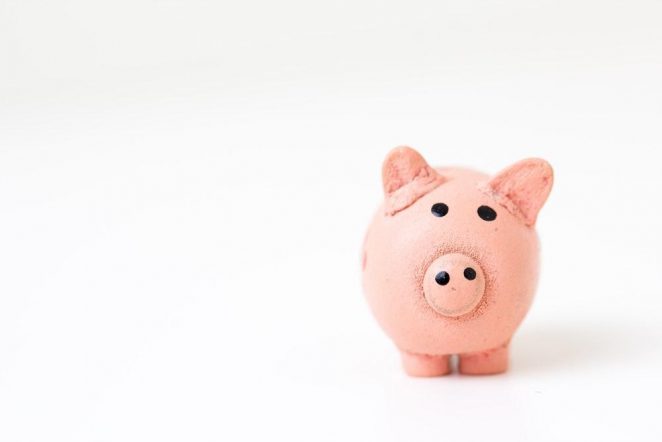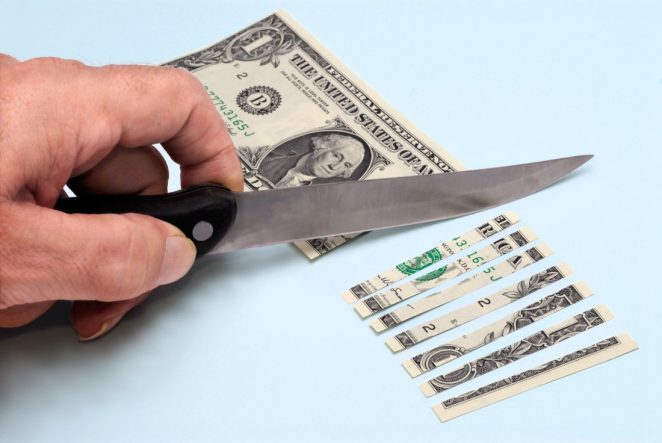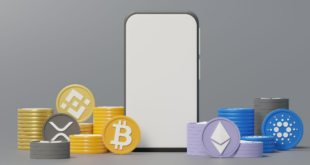Is there something fishy going on with your cash flow? If you notice you have less cash in your bank account than you think you should, it could be the cost of keeping money with a bank.
Here’s a list of some of the most common ways banks will charge you — and the best ways to avoid these fees.
Stop Hitting up ATMs
In today’s world of online shopping and contactless payments, few people keep cash in their wallets. So when a bar, event, or some other business accepts cash only, you’re rushing to the nearest ATM to take out money — and eating as much as $7 in ATM fees.
Seven dollars here or there won’t hurt your budget too much, but it can become a problem if you end up relying on out-of-network ATMs often.
The simplest way to avoid these charges is to stop taking out cash at ATMs. Instead, try visiting your bank to take out money every week. It doesn’t have to be much — just enough to keep you from hitting an ATM.
Keep a Large Balance
Check your bank statement and look for monthly service fees. Chances are high you’ll see a monthly charge just for maintaining a chequing account.
Depending on your account, this fee could be anywhere between $8 and $30. Although this may not sound like much, these charges add up.
And if that wasn’t bad enough, some banks charge you additional fees for every e-transfer, stop payment, foreign currency exchange, wire transfer, and certified cheque.

In most cases, these charges cost more than the interest you’ll earn in savings. That means you’re losing money just to keep it at a bank.
If you have some savings, consider transferring some money back into your chequing account. Most banks will waive their monthly fees if you keep a minimum monthly balance.
Limit Your Transactions
There are plenty of ‘no-fee’ banking options if you can’t keep a minimum monthly balance. However, they often come with other restrictions that make banking a challenge.
One of the most common is transaction limits on both withdrawals and deposits. Banks will give you a set number of transactions you can make each month. If you go over them, you’ll end up paying for additional charges.
To avoid these charges, try reducing how often you pay for things with debit and switch to a credit card. You can earn points for every dollar you spend. You just have to make sure you pay off your monthly balance to protect your credit and avoid penalties.

Join a Credit Union
For some people, the above tips will be easy to follow. For others, it’s not so simple. It may be impossible to keep a large balance or limit their transactions.
But that doesn’t mean you’re stuck paying for simple banking services. A credit union offers all the same services you expected from a traditional bank but at a lower cost.
Some provide no-fee chequing and savings accounts with high deposit interest rates. You can get more info by getting in touch with a local credit union about your options.
Be Smart with Your Money
The biggest banks may apply fees on everything you do — from simply having an account to performing specific daily banking tasks. But that doesn’t mean you have to pay these charges. Reconsider how you use your money and how you choose to bank. A quick review of your finances could reveal the potential for mega savings.
 Vermont Republic Second Vermont Republic
Vermont Republic Second Vermont Republic




